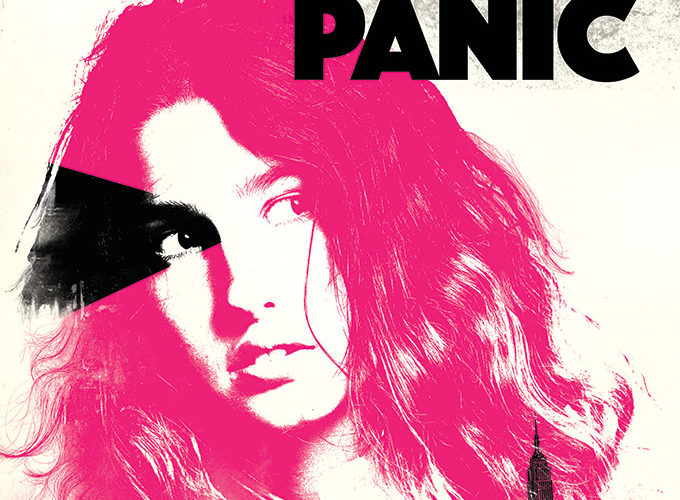Shot over a three-year period in Brooklyn, All This Panic offers a frequently disjointed look at the interior lives of several ordinary, middle-class Brooklynite teen girls as they search for meaning. This period is often quite innocent, despite the influence of drugs and parental mental illness, with immediacy rendered in bizarre aesthetic framing and frantic editing.
Directed by Jenny Gage in close collaboration with cinematographer Tom Betterton, All This Panic is largely a retread of teenage documentary and ethnographic narratives that have previously offered a more interesting study of New York City’s youth (Jim McKay’s Our Song and Mark Street’s little-seen Rockaway — also a Tribeca selection from 2005 — come to mind first). The girls being traced are never quite as interesting or engaging as Gage and Betterton believe them to be, navigating teen topics such as boys, drinking, tattoos, college, and eventually having a family. Opening as a diary of sorts, All This Panic does grow more assured later in its brief 79-minute running time when it finds meaning in conversations that feel prodded by the filmmaker’s lens.

Gage first introduces us to Lena, an awkward girl with braces navigating mental illness in her family as she scores weed and alcohol for a fairly contained party. The party — I believe, but cannot be sure due to a clunky structure — leads to a family services inquiry, injecting drama into a family on the economic and psychological edge.
Lena’s best friend, Ginger, is an aspiring actress who’s permitted by her father (who resembles a younger Ray Winstone) to float after high school. Rather than investing in her career, she attempts to find herself — until her father tells her she needs to be more interesting in a moment that’s cruel and to the point.

Sage is a young private-school student en route to college, clashing with her mother despite the inevitable fact she sees herself in young Sage. The portrait of Olivia, a young girl coming to terms with her sexuality and emotions while her friends discover their comfort level with boys, is amongst the most profound explorations. Gage gently explores the emotions that go into coming out as she casually traverses the tricky waters of dating.
Far too disjointed for its own good, All This Panic is a clumsy tapestry hindered by what appears to be the randomness of its production. One senses that cinematographer Tom Betterton didn’t always know when to hit the record button and wasn’t quite prepared for what was to come. The film itself seems to have blossomed organically while unfortunately never quite finding its motivation. An ethnographic narrative might have actually been more fruitful: allowing space for the story to develop with the freedom to remediate and re-stage certain moments to enhance the work’s emotional integrity.
All This Panic premiered at the Tribeca Film Festival and opens on March 31.

